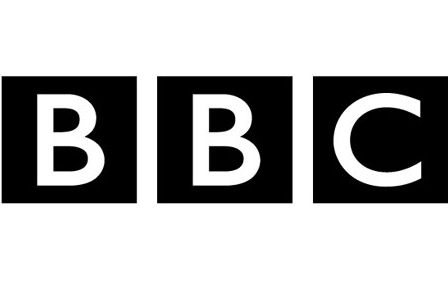BBC to draw on broadcasting might to educate kids in tech
BBC plans to use TV, radio and online resources to inspire young children to start computer coding.

The BBC has set out plans to help address the UK IT skills gap by using its broadcasting might to inspire more children to develop an interest in computer coding and digital technologies.
The Corporation said it plans to use its TV, radio and online resources to provide its audience with the tools they need to become more tech-savvy.
In a statement, the BBC said this will become a major focus for the organisation from 2015 onwards.
"From working with children and young people, to stimulating a national conversation about digital creativity, the BBC will help audiences embrace technology and get creative," it said.
"Whether it's apps, websites, games, computer code, robotics or digital art, a range of BBC tools and resources will give people the skills to solve problems, tell stories and build new businesses in the digital world."
The initiative harks back to the days, 30 years ago, when the BBC played an active role in providing schoolchildren with their first experience of personal computing through the introduction of its BBC Micro device to schools across the UK.
The 8-bit system was built by Acorn Computers as part of the BBC's Computer Literacy Project, and the Corporation said it intends to partner with the tech industry this time around to deliver on its aims.
Get the ITPro daily newsletter
Sign up today and you will receive a free copy of our Future Focus 2025 report - the leading guidance on AI, cybersecurity and other IT challenges as per 700+ senior executives
"Partnerships will be at the heart of this initiative, enabling the BBC to explore ideas and opportunities with the industry and help amplify their inspiring work in this area," the BBC statement continued.
"The BBC will work closely with a range of local, national and international partners across several sectors, including the Government, educators and technology companies."
Encouraging young people to develop an interest in how computers work is considered a key part in helping to solve the IT skills crisis, with members of the vendor, end user and education community regularly lamenting the shortage of skilled individuals in the UK.
Ralph Rivera, director of Future Media at the BBC, said the Corporation wants to reignite the nation's interest in computing.
"Digital skills are absolutely fundamental in the modern world, and we're in a unique position to help people develop them and provide a safe online playground to try them out," said Rivera.
"We want to transform the nation's ability and attitude towards coding and bring together different organisations already working in this area."
-
 Cleo attack victim list grows as Hertz confirms customer data stolen
Cleo attack victim list grows as Hertz confirms customer data stolenNews Hertz has confirmed it suffered a data breach as a result of the Cleo zero-day vulnerability in late 2024, with the car rental giant warning that customer data was stolen.
By Ross Kelly
-
 Lateral moves in tech: Why leaders should support employee mobility
Lateral moves in tech: Why leaders should support employee mobilityIn-depth Encouraging staff to switch roles can have long-term benefits for skills in the tech sector
By Keri Allan